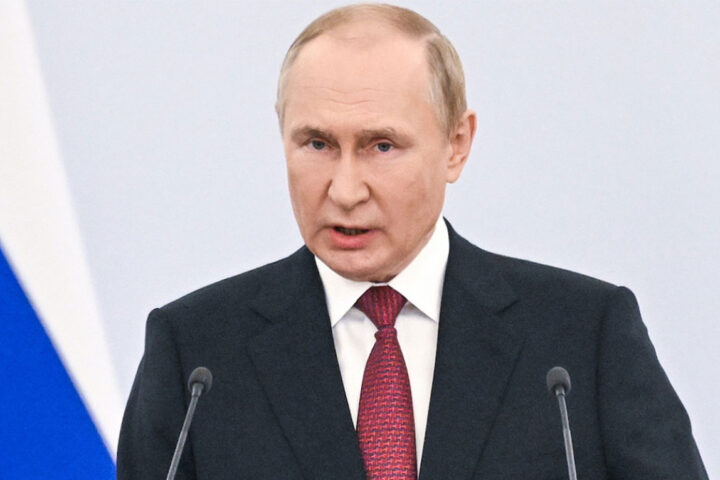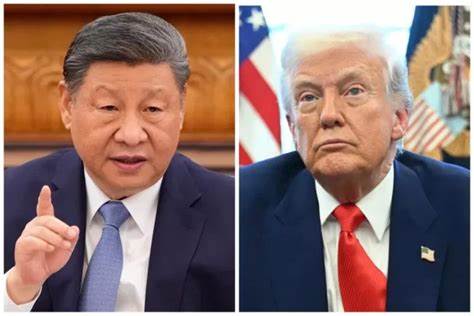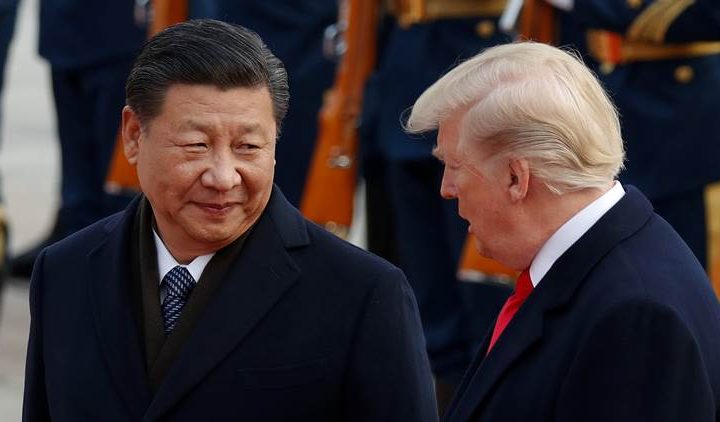Finland new government has unveiled plans to potentially raise tuition fees for international students studying at the country’s universities.
A recently published document outlines this development, following a month of negotiations involving four political parties.
Join our WhatsApp ChannelAlthough no specific implementation date has been set, the coalition has expressed its intention to gradually eliminate government funding for the education of non-EU students, thereby shifting the responsibility of tuition costs onto the students themselves.
Currently, international students in Finland are required to pay fees starting from €4,000. However, with the proposed measures, non-EU students may soon face increased tuition fees to cover the full cost of their education.
It is important to note that Finland introduced tuition fees for international students in 2017. Despite this policy change, the number of foreign students seeking admission to Finnish universities has continued to rise in recent years. As of January 2023, a total of 53,000 international students had applied for admission to universities in the country.
Negative Impact on Non-EU Students
The Finnish Ministry of Education, which initially presented the proposal earlier this year, has projected a potential 43% decline in the enrolment of students from non-EU countries as a result of this decision.
Unsurprisingly, the move has faced opposition from student groups and certain universities. The country’s student unions strongly criticized the initial suggestions, describing them as a “disaster” for Finland’s ambitious goal, set by the previous government, of tripling the number of international students by 2030.
READ ALSO:Key Steps To Getting International Scholarships
Potential Impact on Domestic Students
Currently, higher education is free for Finnish and EU students, but there are concerns that this move could also have a negative impact on domestic students, as it may lead to the introduction of domestic student fees.
Roosa Veijola, European policy advisor at the country’s student union, expressed fear that this policy could pave the way for the introduction of tuition fees for domestic and EU students.
Universities Finland warned that the decision would have a “negative impact” on opportunities to attract and educate international students.
They also stated that the fee increase would have limited effects on student recruitment, but it would make it more challenging for the country’s rural universities to attract international students.
Hanna Isoranta, chief specialist at Study in Finland, highlighted that universities would have to “work even harder” to attract international students if fees were increased.
Defending the Policy
In defense of this new policy, Yuri Birjulin, international affairs and EU advocacy advisor, stated, “Our main core value is free education for all. Also, the students will integrate better into society if they don’t have a very separate financial situation from domestic students.”
Impact on International Students from Nigeria
Most recently, Finland has successfully attracted international students through initiatives such as the two-year post-study work visa introduced in 2022 and the Talent Boost program launched in 2017 by the previous government. These measures aimed to position Finland as an appealing destination for studying and working on an international scale.
However, the newly elected government has taken a different stance on education-based immigration. They have pledged a “controlled” approach and proposed tightening regulations for students and international graduates seeking state benefits.
Under the new proposals, residence permits can be revoked if students apply for social assistance. Additionally, those applying for permanent residency will need to undergo a language proficiency test and provide evidence of refraining from claiming unemployment benefits during their time in Finland, except for very short periods.
Nevertheless, Finland still aims to attract international students despite the impending fee increase. The government plans to introduce further incentives to encourage students to remain in the country after completing their studies.
For example, individuals who have obtained a master’s degree in Finland and possess adequate proficiency in Finnish or Swedish may be granted permanent residence permits.
Ultimately, the responsibility lies with international students from Nigeria and other countries to ensure they meet these requirements and navigate the evolving landscape of studying in Finland.


















Follow Us